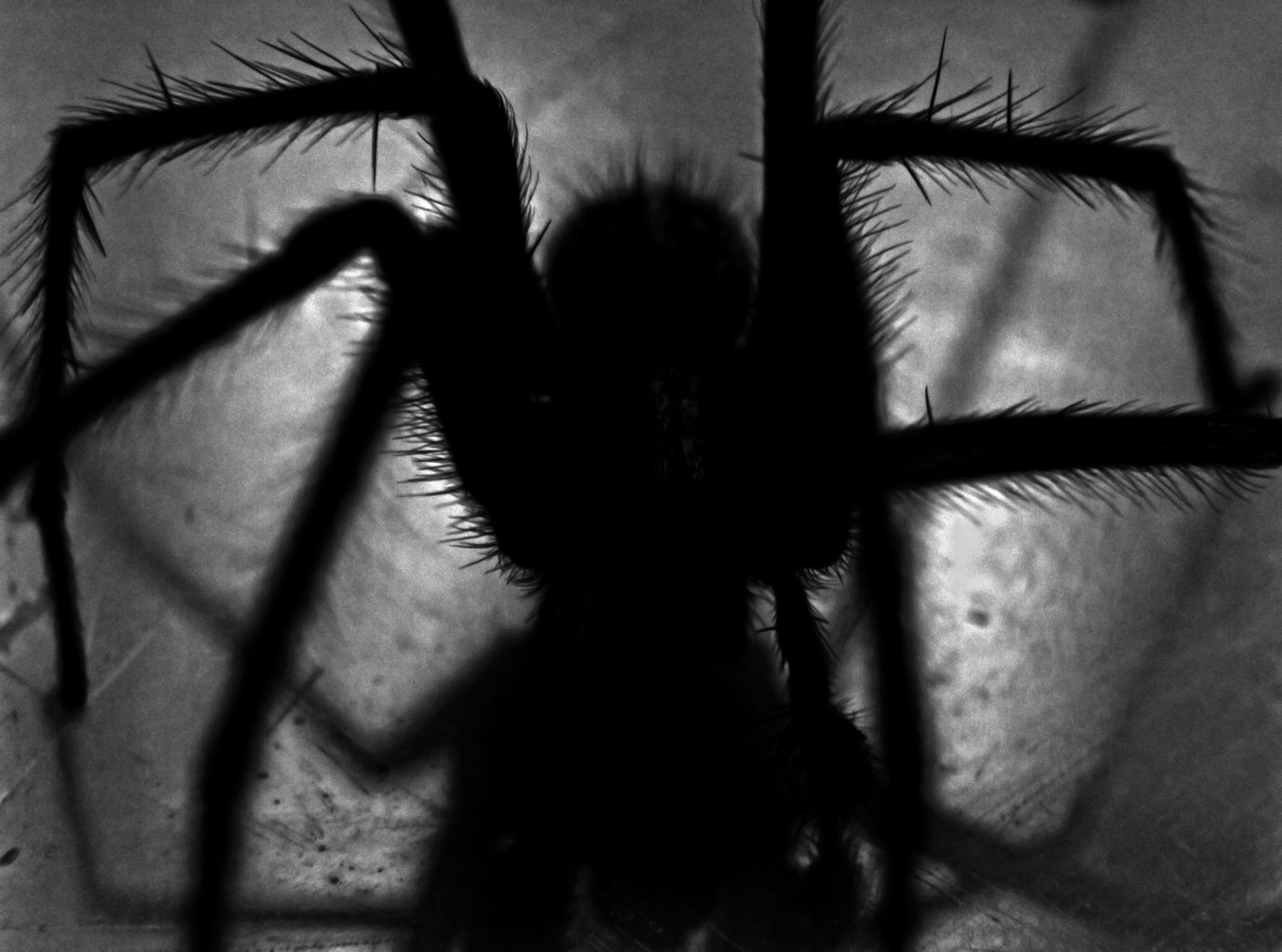While fear is a natural reaction to dangerous or scary situations, phobias are a different story. The word “phobia” is used to recognize the anxiety disorder of being irrationally scared of a specific object or situation. If you think your fear is unique, see if it is on this list! Here are the five most popular phobias in the world.
- Acrophobia
-
The fear of heights. Many people find their palms start to sweat when all that is holding them back from plummeting hundreds of feet is the railing. That is a justified reaction. However, people that suffer from acrophobia have a more expressive physical reaction, even to simply riding up an escalator. They will start to feel dizzy or faint, some may even start experiencing vertigo.
- Claustrophobia
-
This word is definitely used a lot, but this word does not simply mean becoming uncomfortable in a small space. Claustrophobia’s definition may be “fear of small/enclosed spaces,” but what comes with this phobia is the consistent anxiety of feeling like the walls are caving in during specific situations, for instance on a train or a plane.
- Arachnophobia
-
The fear of spiders. While many people get squeamish around spiders, arachnophobia is at a whole new level. Sometimes even glancing at a photo of a spider can induce a full panic attack. It’s common for some people to additionally avoid spaces or situations where they could encounter a creepy crawler.
- Thanatophobia
-
The fear of death. Obviously, much of the world’s population is afraid of dying. However, thanatophobia prevents people from completing very normal, everyday tasks, as they believe they can die. This phobia is closely linked to agoraphobia (the fear of open/crowded spaces) and xenophobia (the fear of the unknown).
- Trypanophobia
-
The fear of needles. While most people do not feel comfortable being stabbed by a needle, this phobia gets into the deeper anxiety of this medical tool. It can cause people to pass out or even prevent them from ever going to get a vaccine again.
Fear is innate and a valid reaction to some situations. But when fear starts dictating your every move, you may have one of these stronger phobias.







